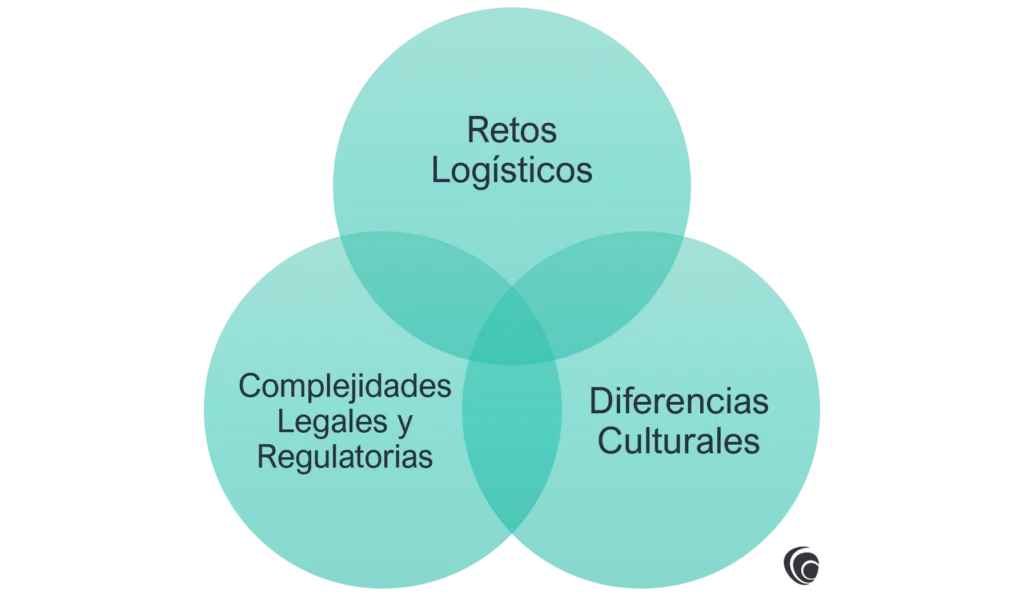Cross-border deals, also referred to as international deals or mergers and acquisitions Cross-border deals, also referred to as international deals or cross-border mergers and acquisitions (M&A), constitute a significant component of global business activities. These transactions involve buyers from one country investing in or acquiring businesses located in another country. While the broad goal of such deals remains similar to domestic transactions — creating value, expanding market presence, or gaining strategic advantages — the process is often marked by a myriad of complexities and nuances unique to cross-border engagements.
In this how-to, we will look into the intricacies of cross-border deals in M&A.
Table of Contents
At the core of cross-border deals lies the interaction between distinct legal, regulatory, economic, and cultural frameworks. Unlike domestic transactions where parties operate within a familiar environment, cross-border deals require navigating unfamiliar terrain, often characterized by language barriers, divergent business practices, and regulatory variations. Consequently, buyers embarking on international acquisitions must possess a nuanced understanding of the target market's dynamics and be prepared to address a host of challenges throughout the deal lifecycle.
ltural intricacies. Logistically, coordinating teams dispersed across different time zones, languages, and jurisdictions poses formidable challenges, necessitating meticulous planning and seamless communication channels. Moreover, navigating diverse legal and regulatory frameworks, tax regimes, and employment laws demands a thorough understanding of each jurisdiction's intricacies to ensure compliance and mitigate regulatory risks.
Cultural disparities further compound the complexity of cross-border transactions, influencing negotiation strategies, decision-making processes, and post-acquisition integration efforts. Differences in business etiquette, communication styles, and management practices can significantly impact deal outcomes and the long-term success of the acquired entity. Therefore, buyers must prioritize cultural due diligence and foster cross-cultural collaboration to bridge cultural divides and foster synergy between organizations.
Central to the success of cross-border deals is the availability of proficient local teams equipped with in-depth knowledge of the target market's regulatory landscape, business environment, and cultural norms. Local teams play a pivotal role in facilitating due diligence efforts, identifying market opportunities, and navigating complex legal and regulatory requirements. Moreover, their presence enhances post-acquisition integration by providing invaluable insights into local business practices, consumer preferences, and competitive dynamics.
In addition to internal resources, buyers often enlist the support of cross-border advisors specializing in various disciplines, including legal, financial, tax, and cultural advisory services. These advisors bring a wealth of expertise and experience in navigating the complexities of international transactions, providing strategic guidance and mitigating risks inherent in cross-border engagements. By leveraging local expertise and engaging seasoned advisors, buyers can effectively navigate the intricacies of cross-border deals and capitalize on growth opportunities in foreign markets.

Selecting the right cross-border advisors is a critical step towards success in international transactions. In addition to evaluating potential advisors' track records and experience, it's important to consider other key factors that may influence the effectiveness of their contribution. Here are some additional areas to consider when selecting cross-border advisors:
Cross-border deals represent a vital avenue for businesses seeking global expansion and strategic growth. However, navigating the complexities of these transactions requires a deep understanding of the diverse legal, regulatory, economic, and cultural landscapes across borders. From logistical challenges to cultural disparities, each aspect demands meticulous planning, adept execution, and strategic partnerships.
n enhance their capabilities to overcome challenges and capitalize on opportunities in foreign markets. The role of local teams, equipped with in-depth knowledge and insights, cannot be overstated in facilitating due diligence efforts and ensuring seamless post-acquisition integration.
Moreover, the selection of cross-border advisors is a critical determinant of success in international transactions. Beyond evaluating track records, factors such as market knowledge depth, network and relationships, cultural adaptability, and risk management strategies play pivotal roles in maximizing transaction value and mitigating risks.
By addressing these considerations comprehensively, businesses can unlock the full potential of international expansion and achieve sustainable growth in today's interconnected global market.